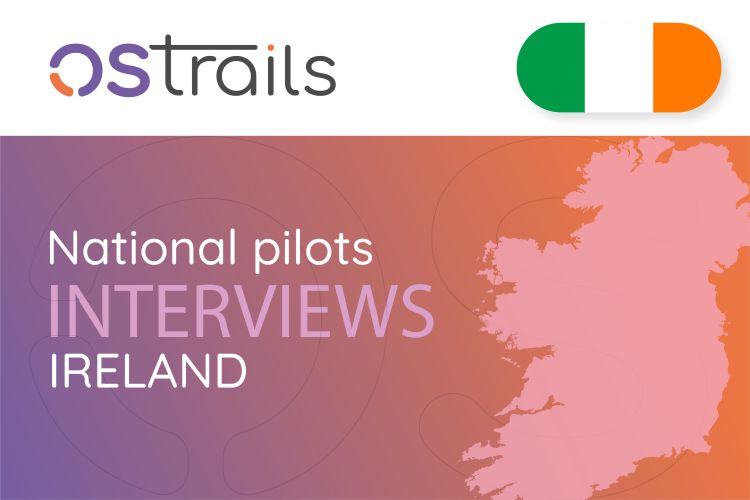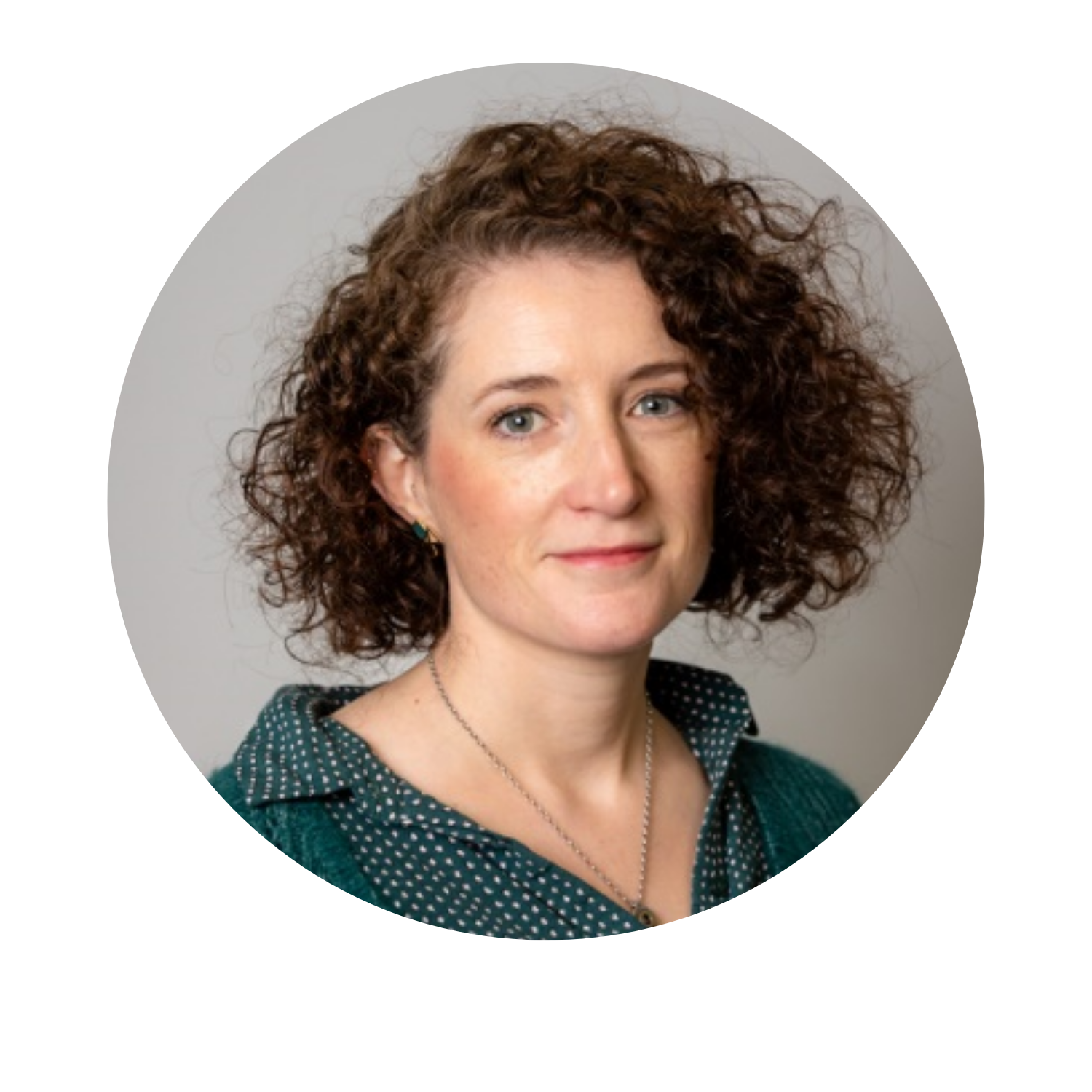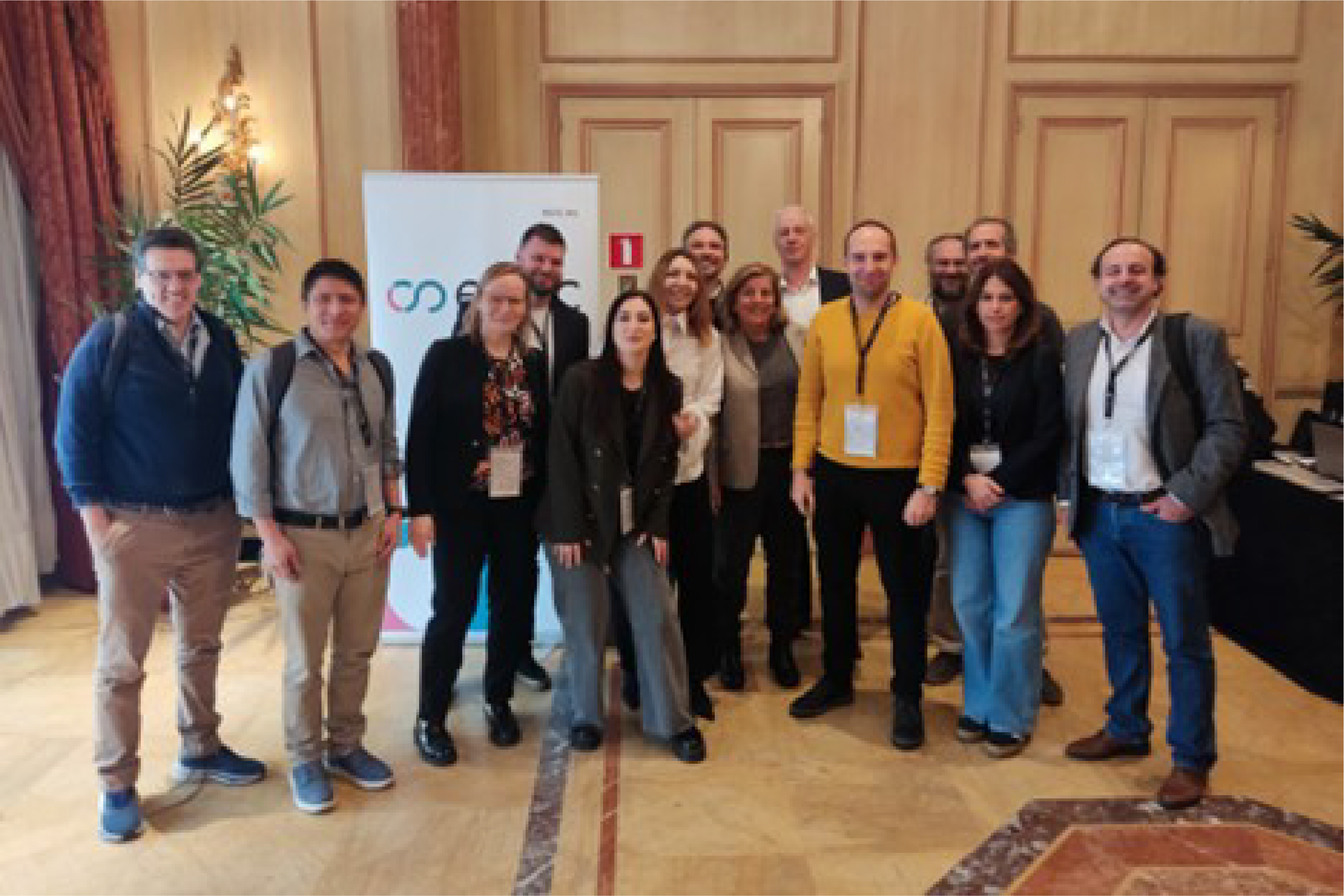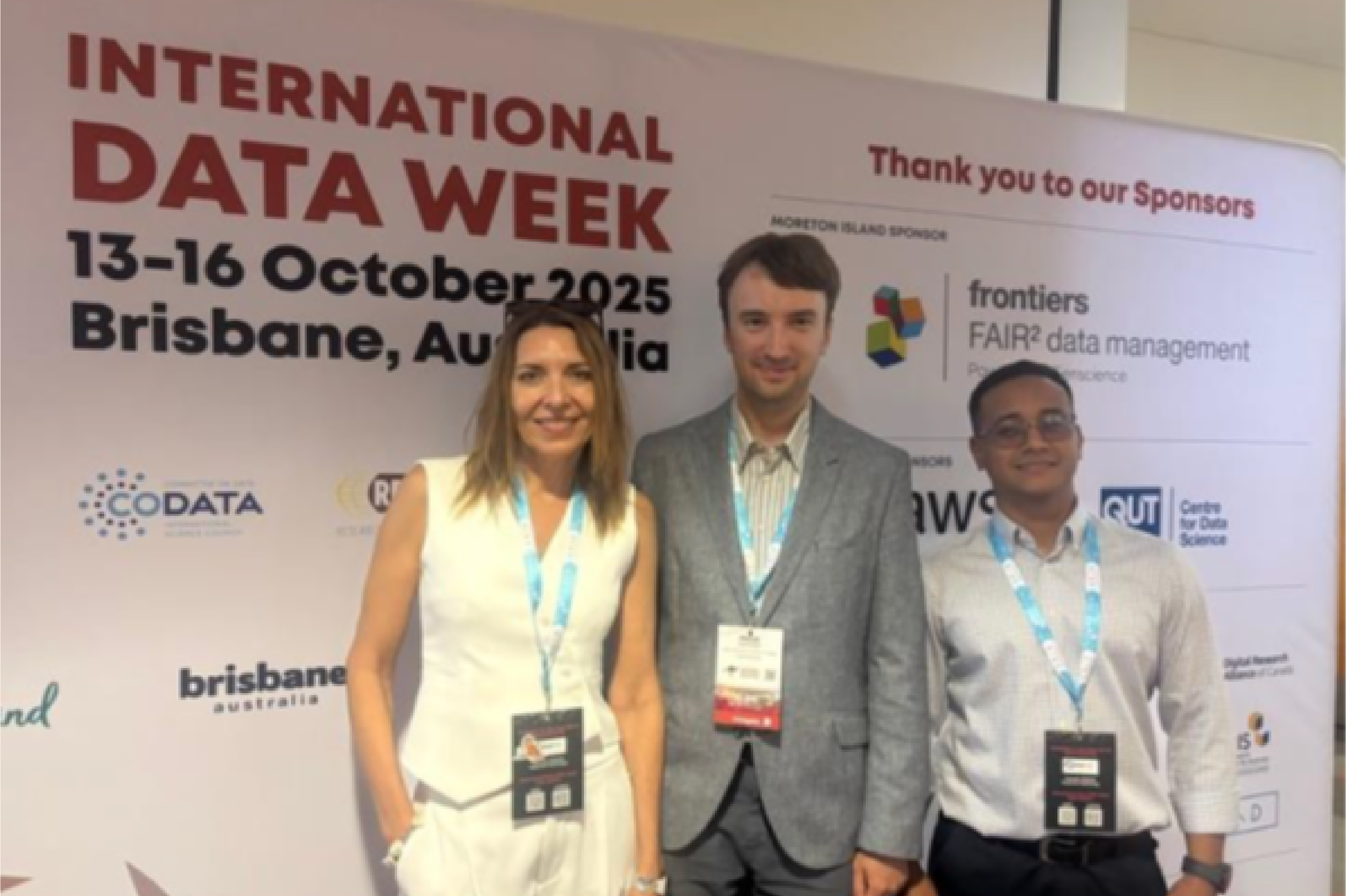National Pilot Interview Ireland

Read the National Pilot Interview from Ireland and explore all the progress of OSTrails pilot studies. Check the latest on their national activities and learn how they’re progressing with the integration of open science and research assessment. This month we had the pleasure of speaking with Lindsay Dowling, Open Research Support Unit Lead at Technological University Dublin.

- Lindsay Dowling
TU Dublin will benefit greatly from leading the Irish National Pilot for OSTrails, providing us with an opportunity to engage with both our local Irish technological universities as project partners, and our international colleagues, to jointly implement truly interoperable systems for future development of the sector.
-Can you briefly introduce your organisation? How do they contribute to EOSC?
Technological University Dublin (TU Dublin) is Ireland’s first technological university, established under the Technological Universities Act of 2018. It is one of five new universities created as part of this initiative, all of which are collaborating as part of the national pilot for OSTrails.
These new institutions are working together across various networks, formal and informal, to develop shared approaches to research and research infrastructure development, such as the implementation of Current Research Information Systems (CRIS) and Data Management Planning Platform Argos.
As new institutions, we are in a good position to ensure our systems are truly interoperable, aligning with EOSC and OpenAIRE frameworks. We are also actively involved in the development of Ireland’s national EOSC node, envisaged to run through our mandated member, but overseen by our national EOSC Association and Stakeholder Group, of which TU Dublin is an active member.
-What are you most excited about in OSTrails? What are you looking forward to?
What excites us most about OSTrails is the chance to collaborate withthe international colleagues, drawing on their insights and expertise to broaden our perspectives. We are particularly looking forward to the opportunity to implement and test system(s) in real-world scenarios, gaining invaluable experience that will shape our approach to future planning and system development at our institutions.
-How is planning, tracking and assessing research being realised in your country?
At present there is no unified national strategy for planning, tracking, and assessing research in our country. These processes are typically managed at the institutional or funder level. Our pilot will be one of the first to look at a multi-institutional approach, aiming to inform the development of a national strategy. This effort serves as both a proof of concept for a joint approach and a demonstration of best practice for technological implementations across the research sector.
-Can you provide some details on your pilot's main actors, services and priorities? How will your pilot adopt the results of OSTrails?
TU Dublin is leading the national pilot in collaboration with Ireland’s four other technological universities: South East Technological University, Munster Technological University, Atlantic Technological University and Technological University of the Shannon. The project team consists of members from each institution from the Library & Research Offices.
Priorities include the implementation of Argos across our institutions as part of a suite of interoperable services designed to plan, track, and assess research activities. We see this part of the project as the building blocks for:
- A Proof of Concept for a shared national approach to research planning, tracking, and assessment.
- Emphasizing data quality as a critical requirement for research infrastructure and its interoperability.
Further we see the ability to assess digital objects beyond ‘just’ data for FAIR compliance as being key to realising our shared Open Research ambitions and we envisage the implementation of a recognised FAIR assessment tool - or suite thereof - as a core service at a local level, as an outcome of this project.
As emerging institutions with rapidly growing research outputs, we need systems that automated and standardized tracking and assessment of our research. At the same time, these systems must ensure flexibility and interoperability, allowing us to adapt and remain cost-efficient.
-Ongoing activities and Next Steps?
We are currently working closely with the OpenAire office (thanks Elli!) on developing and refining our Argos instance. Current efforts focus on creating local templates, drafting comprehensive support documentation, and testing import/export functionalities to ensure seamless operation. We aim to have our test instance ready by Q3 of 2025 to begin researcher testing and training across our institutions.
Beyond the technical implementation, we are working on joint documentation and positions for utilization of the system to ensure as much synergy and shared approach as possible, while still accommodating the unique requirements and context of individual organizations. This dual focus ensures a robust and adaptable foundation for the pilot’s success.



